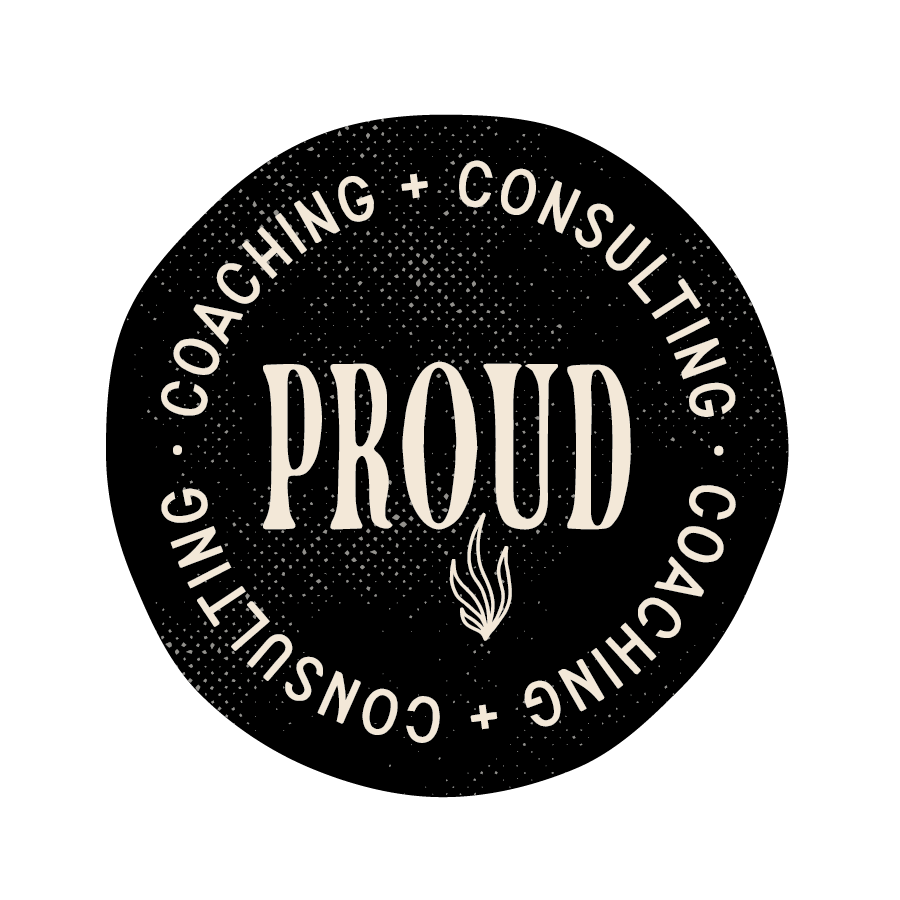Modern Activism for Dark Days
I watched the TV coverage with my son by my side. A journalist cast a pool of light into one of the newly liberated solitary confinement cells in the lower levels of the prison. The roads from the city were choked with thousands of family members, seeking news of their relatives or friends. Syria’s White Helmets, famous for their tireless work excavating survivors and the dead from bombed buildings during the 13 year civil war, smashed concrete slabs as they dug ever deeper into the prison, while rumours abounded that there were yet more levels to find, more loved ones imprisoned and unable to breathe.
Syrians are cracking open Assad’s notorious ‘Slaughter House’ - Sayadnaya Prison, just north of Damascus. A former guard, quoted in the 2017 Amnesty International report into mass killings, said of the prison: ‘Sayadnaya is the end of life. The end of humanity’.
The beam from the journalist’s flashlight lit the impossibly small space where someone was held alone, for years, in darkness. Dust motes danced in the light where the concrete around had shattered. Air rushed in.
Without exception, every Syrian I know had friends or family members incarcerated, tortured or 'disappeared’ during Assad’s reign. I remember talking to a close colleague who worked for the UN documenting testimony from the few who were released, combing through their accounts of torture and unimaginable debasement, searching for evidence that other missing people might still be alive. I remember his face when he told me that this was the job that had forever ended his belief in human goodness.
The very specific quality of not knowing makes this kind of loss the greatest to bear. The lack of resolution. No closure. An open loop in your mind, circling endlessly around the ‘what if?’ and the flickering, demonic images of what probably is.
My son had a lot of questions about the scenes from Sayadnaya prison. He was born in Beirut, a mere hundred miles away from Damascus, and considers this dark tale to be part of his own heritage.
I also told how about the illuminating power of the Syrian activists I had the privilege to work with over the years. How brave they were, in the face of such fear, to risk their lives to channel food and other necessities into besieged parts of Syria. I told him too that, unlike my friend, I still believe in human goodness.
This week, as we enter the darkest time of year, I am reflecting on what activism means for us in this place and time, and how we as coaches and consultants can support this work.
I think of my coaching clients who are deep in the work of humanitarian response or human rights documentation, coming into sessions seeking respite from vicarious trauma, staving off burnout.
I think of the priests and nuns I worked with who held the church doors closed behind them, as they stood between armed soldiers and terrified protestors, using their bodies as protection.
I think of the South Sudanese refugee youth organization I supported earlier this year, helping them develop their strategy to reach young people living lives of violence and displacement.
They are all activists, each of them flawed, human and fallible - and also illuminated with the power that settles upon your shoulders when you stand up for something you believe in. The power that comes when you stand between others and tyranny.
Coaching and other support must become more accessible, and more affordable, for activists, local humanitarians and community workers - these bearers of light in dark places. These believers in human goodness. The people who knew exactly what horrors lay within Sednaya Prison, and acted anyway.
